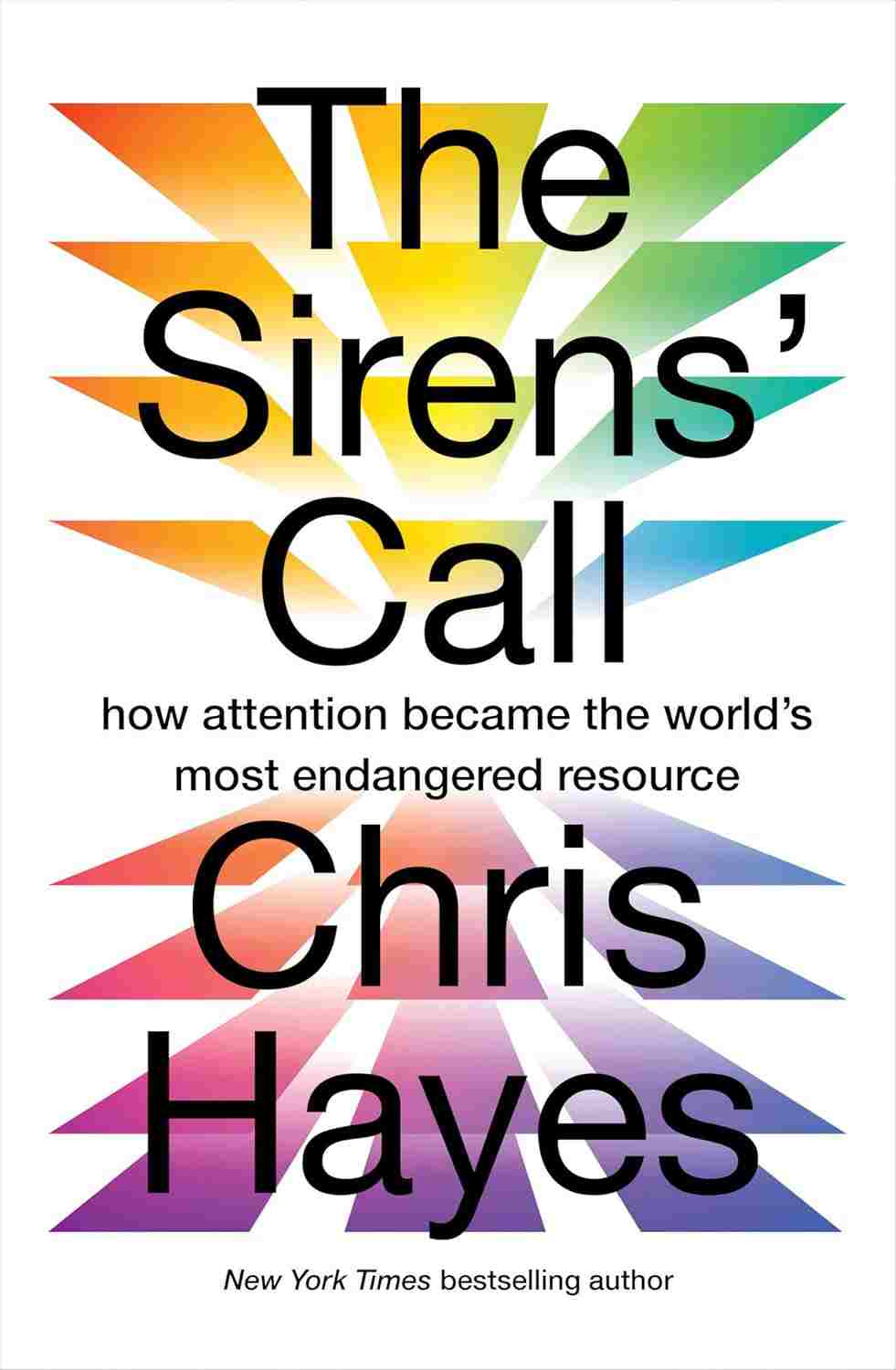This was not a book I approached lightly—or leisurely. "The Body Keeps the Score" is dense, academic, and filled with clinical insight. To get through all 460 pages before my next therapy session, I toggled between the physical copy and the audiobook. It actually became a unique way to experience the material—reading when I had time to sit and focus, then listening while doing chores or cooking. Switching between formats helped me move through the content quickly, but also made it feel like I was processing the book in layers.
Van der Kolk’s central argument—that trauma reshapes both the brain and the nervous system—is hard to unsee once you’ve absorbed it. Trauma doesn’t just color how we feel about the world; it rewires how we function within it, biologically and neurologically. The electrical signals in our bodies are affected. And while medication may have a place in treatment, the author strongly argues that lasting healing comes through retraining the body and brain—through modalities like EMDR, neurofeedback, movement, theater, and yes, even Internal Family Systems.
Admittedly, I rolled my eyes a bit when IFS showed up again. After reading "No Bad Parts," I’d been skeptical of the 'Parts work' model, especially its more spiritual framing. But here, I found van der Kolk’s interpretation of Self, Exiles, Managers, and Firefighters to be more grounded, and honestly, more helpful. It was less about sitting down for a heart-to-heart with a fragmented 'Part,' and more about recognizing which parts of myself have been pushed aside—and figuring out how to let them live in the light without shame or suppression.
Still, this is a book that requires a little caution. Van der Kolk presents a lot of deeply disturbing trauma cases, including military PTSD, rape, and incest. I understand the need to highlight severe trauma—especially to show how drastically it can affect the mind and body—but I sometimes wished there were more examples of less extreme, more relatable cases. It’s hard for the average reader to see themselves reflected in examples that are, for lack of a better term, clinically catastrophic. In fairness, this book might be geared more toward therapists than general readers, but as someone doing my own healing work, I occasionally felt left out of the picture.
There were also moments that made me raise an eyebrow at the author himself. His tone occasionally felt… clinical in a way that bordered on voyeuristic, like he was more fascinated by his patients than empathic toward them. Maybe that’s just the nature of the work. Or maybe it’s a valid criticism of the therapeutic field in general.
That said, I still walked away from this book with lightbulb moments—and more tears than I’d like to admit for a nonfiction read. Certain phrases hit me hard. Certain examples made me pause and reflect on where I’ve been unkind to myself. If nothing else, "The Body Keeps the Score" gave me a better understanding of just how deeply trauma gets embedded—and a little more compassion for the parts of me that have been trying to protect and survive for a long time.













